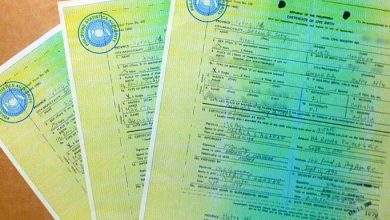Coming on the heels of a drop in satisfaction ratings towards the Philippines’ aggressive anti-drug campaign, Time Magazine’s list of the world’s 100 most influential people drew attention anew to the country’s war on drugs.
In September last year, the alarming death toll and stories behind gruesome drug-related murders also made it to the Time Magazine’s cover.
“Nobody can claim to be surprised.. Executing people for nonviolent drug-related offenses, inside or outside the law, is common in this part of the world,” the cover story reads.
In this year’s Time Magazine list of world influencers released last April 20, two key personalities at the center of the Philippines’ crackdown on the illegal drug trade made it to the list.
President Rodrigo Duterte who had won by landslide last national elections on a platform of ending drug proliferation and criminality was profiled in the list by César Gaviria, former President of Colombia.
On the other hand, detained Senator Leila de Lima was profiled by Samantha Power, a former US ambassador to the United Nations. De Lima is one of the staunchest critics of Duterte and his drug war.
Both profile stories condemn the spate of drug-related killings in the country of 100 million, 80% of whom are Catholics.
“It is a disturbing testament to the current solidarity among strongmen and the global surge in impunity that de Lima’s cause has not been more embraced,” wrote Power.
Gaviria then shared his own experience waging a bloody war against drugs in Colombia in the early 90s. He said he, too, at that time was “seduced into taking a tough stance on drugs” but later realized “after spending billions” that “the human costs were devastating.”
“There are solutions that work. Duterte could start by treating drugs as a health, human rights and development issue. He could prosecute the most violent criminals and provide treatment for users rather than condemn them to prison, or worse,” wrote Gaviria.
Gaviria noted how Duterte’s “ironfisted strategy alarms governments, human-rights organizations and faith-based groups while winning high approval ratings at home.”
This reach is not confined to home, as Duterte is also strongly supported by Filipino expatriates abroad.



